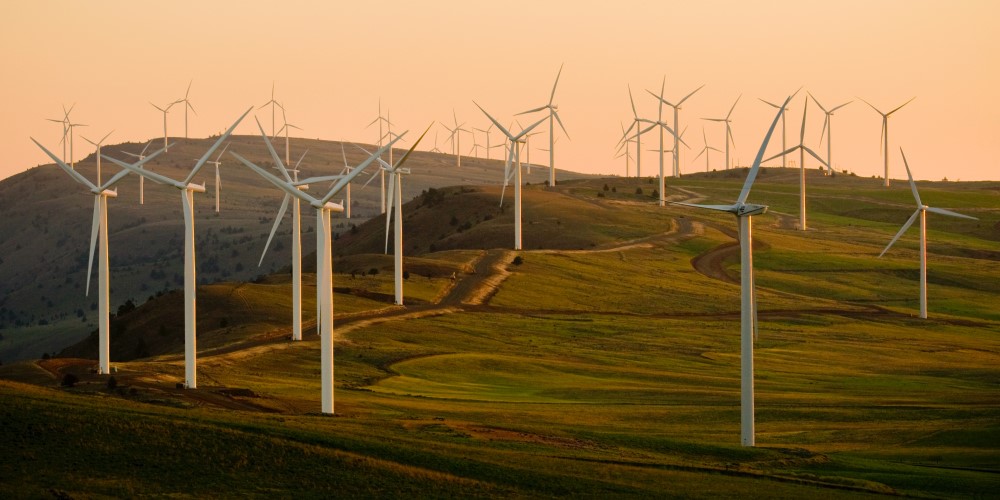Renewable energy is energy derived from natural sources that are replenished at a higher rate than they are consumed. Renewable resources include sunlight, wind, the movement of water, and geothermal heat. Renewable energy has gained significant momentum in countries around the world as a sustainable alternative to fossil fuels. Some countries have made progress in generating renewable energy. These countries’ high percentages are largely attributed to their abundant natural resources such as geothermal, hydro, and wind power.
Many countries have recognized the importance of reducing carbon emissions and mitigating climate change by transitioning to cleaner energy options. Advancements in technology, favorable government policies, and increased public awareness have contributed to the growth of renewable energy worldwide. As countries continue to invest in renewable infrastructure and explore innovative solutions, the proportion of electricity generated from renewable sources is expected to increase further in the coming years.
Here are the top 20 countries with the most renewable energy in the world.
| Rank | Country | Renewable energy generation |
| 1. | Iceland | 86.87% |
| 2. | Norway | 71.56% |
| 3. | Sweden | 50.92% |
| 4. | Brazil | 46.22% |
| 5. | New Zealand | 40.22% |
| 6. | Denmark | 39.25% |
| 7. | Austria | 37.48% |
| 8. | Switzerland | 36.72% |
| 9. | Finland | 34.61% |
| 10. | Colombia | 33.02% |
| 11 | Portugal | 32.7% |
| 12. | Ecuador | 32.35% |
| 13. | Canada | 29.89% |
| 14. | Venezuela | 28.43% |
| 15. | Croatia | 28.27% |
| 16. | Peru | 27.74% |
| 17. | Chile | 26.52% |
| 18. | Latvia | 23.92% |
| 19. | Vietnam | 22.73% |
| 20. | Spain | 22.34% |


































































































































































































